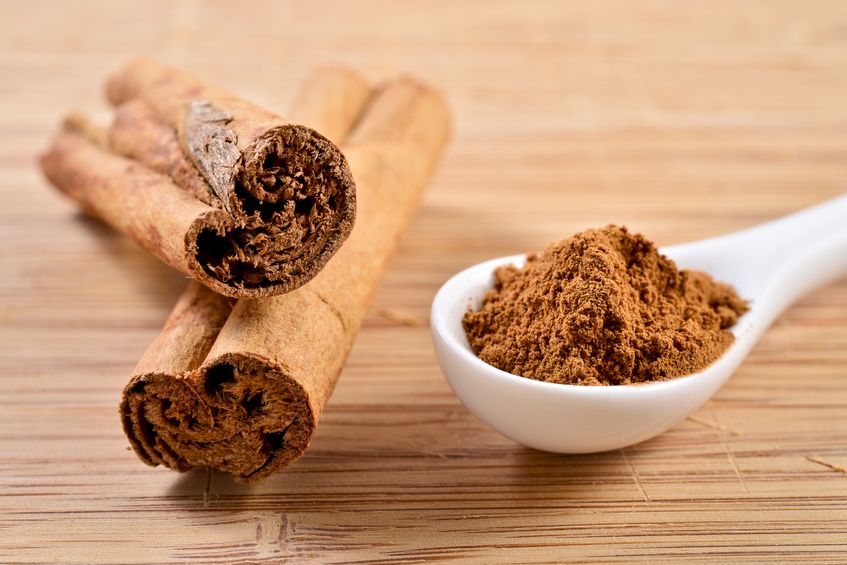Olive leaves could prevent diabetes and stroke

Throughout history this tree has been referred to as the tree of life, the king of trees, and the immortal tree. Then in 1854, the olive tree made its way into the field of medicine and has been digging its roots in that field ever since. Today, we recognize olive leaves as a powerful elixir capable of treating and preventing diabetes and stroke, among a number of other diseases. Read on to learn more about the olive leaf and its medicinal properties.

Table of Contents
Olive leaves could prevent diabetes and strokes.
The active ingredient in olive leaves is known by the name of oleuropein. Manufacturers actually remove oleuropein from olives; If you want to take advantage of this component, what you need are olive leaves or olive oil.
After knowing all the benefits of consuming olive leaf or olive oil, you will have no choice but to run to get them.
It is used to treat infections.
There is considerable evidence showing that olive leaf can help combat the following:
- Influenza.
- The common cold.
- Candida infections.
- Meningitis.
- Herpes 1 and 2.
- Herpes.
- Pneumonia.
- Gonorrhea.
- Malaria.
If you are particularly susceptible to viruses, you could benefit from long-term daily use of olive leaf. This is because the active ingredient in oleuropein is a very powerful antibacterial, antifungal and anti-inflammatory compound. In other words, the body is strengthened against the main causes of disease.
You can buy the olive leaf in whole form to make a tea or you can get it in extract form for a more powerful and concentrated dose.
The olive leaf regulates blood pressure.
In one study, researchers observed that oleuropein significantly lowered participants’ blood pressure. The compound brought its readings of 137 mmHg to 126 mmHg (systolic) and 80 mmHg to 76 mmHg (diastolic) in just 8 weeks.
They believe that olive leaf extract works by “inhibiting angiotensin converting enzyme.”
In other words, the olive leaf extract relaxes the walls of your arteries and lowers your blood pressure, making you much less likely to have a stroke or other heart-related event.
Treats and prevents diabetes.
You don’t have to look too far to realize that diabetes is a disease that shows significant rates of increase in certain world populations.
Greek researchers observed that the extract from olive leaves reduces the body’s production of advanced glycation end products. Having a high level of these products is a major risk factor for diabetes.
For people with existing diabetes, olive leaf extract has a hyperglycemic effect, lowering the body’s blood sugar levels.
Prevents Alzheimer’s.
Let’s go back to advanced glycation end products for a moment. In addition to causing diabetes, these troublesome compounds are a major factor in the development of Alzheimer’s disease.
Therefore, when oleuropein eradicates advanced glycation end products, it also somewhat reduces the serious risk for Alzheimer’s.
As an added benefit, oleuropein is also a very powerful antioxidant. This is important because oxidative damage is another major risk factor for Alzheimer’s disease.
Throughout history this tree has been referred to as the tree of life, the king of trees, and the immortal tree. Then in 1854, the olive tree made its way into the field of medicine and has been digging its roots in that field ever since. Today, we recognize olive leaves as a powerful elixir capable of treating and preventing diabetes and stroke, among a number of other diseases. Read on to learn more about the olive leaf and its medicinal properties.
Olive leaves could prevent diabetes and strokes.
The active ingredient in olive leaves is known by the name of oleuropein. Manufacturers actually remove oleuropein from olives; If you want to take advantage of this component, what you need are olive leaves or olive oil.
After knowing all the benefits of consuming olive leaf or olive oil, you will have no choice but to run to get them.
It is used to treat infections.
There is considerable evidence showing that olive leaf can help combat the following:
- Influenza.
- The common cold.
- Candida infections.
- Meningitis.
- Herpes 1 and 2.
- Herpes.
- Pneumonia.
- Gonorrhea.
- Malaria.
If you are particularly susceptible to viruses, Dr. Hoffman says you could benefit from long-term daily use of olive leaf. This is because the active ingredient in oleuropein is a very powerful antibacterial, antifungal and anti-inflammatory compound. In other words, the body is strengthened against the main causes of disease.
You can buy the olive leaf in whole form to make a tea or you can get it in extract form for a more powerful and concentrated dose.
The olive leaf regulates blood pressure.
In one study, researchers observed that oleuropein significantly lowered participants’ blood pressure. The compound brought its readings of 137 mmHg to 126 mmHg (systolic) and 80 mmHg to 76 mmHg (diastolic) in just 8 weeks. They believe that olive leaf extract works by “inhibiting angiotensin converting enzyme.”
In other words, the olive leaf extract relaxes the walls of your arteries and lowers your blood pressure, making you much less likely to have a stroke or other heart-related event.
Treats and prevents diabetes.
You don’t have to look too far to realize that diabetes is a disease that shows significant rates of increase in certain world populations.
Greek researchers observed that the extract from olive leaves reduces the body’s production of advanced glycation end products. Having a high level of these products is a major risk factor for diabetes.
For people with existing diabetes, olive leaf extract has a hyperglycemic effect, lowering the body’s blood sugar levels.
Prevents Alzheimer’s.
Let’s go back to advanced glycation end products for a moment. In addition to causing diabetes, these troublesome compounds are a major factor in the development of Alzheimer’s disease.
Therefore, when oleuropein eradicates advanced glycation end products, it also somewhat reduces the serious risk for Alzheimer’s.
As an added benefit, oleuropein is also a very powerful antioxidant. This is important because oxidative damage is another major risk factor for Alzheimer’s disease.


